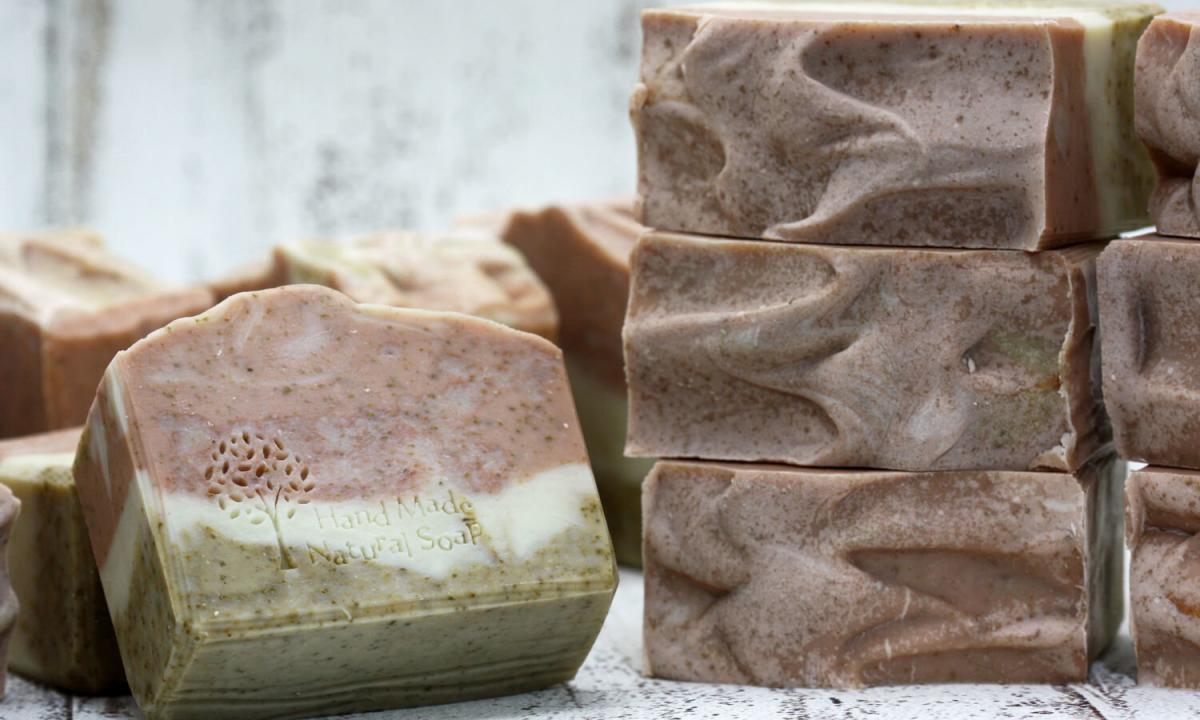Whether what costs at you in bathtub on shelf concerns you? Seeing handmade soap with so attractive sign "hand made" you do not hurry to buy it. Handwork does not speak about naturalness of product.
Perhaps, you cooked soap or you it were given. The gift made with own hands undoubtedly pleasant, but whether it is necessary to use it? Perhaps, the attention should be glad and to leave it as souvenir.
In shops it is often possible to see bright and unusual pieces. What of them should be taken?
Today there are several types of soap:
- the handmade natural soap made in the "hot" way;
- the handmade natural soap made in the "cold" way;
- the handmade soap made of industrial soap base which can be bought almost in any shop for creativity;
- factory soap, on sale under the guise of "natural".
"Natural soap" and "handmade soap" is not the same and even not synonyms. The needlewoman could make it by means of synthetic and most easily available materials. Then what soap it is possible to call natural?
Signs of natural soap
1. Bases for soap. Basis of natural soap are the fats and oils saponified by alkali. Often there is it that soap makers use purchased basis for soap. This product is not natural, but it cheap and it it is easy to find. The such basis is cheaper, the less natural components contain. PEG, SLS and other additives can cause allergic reaction and dryness of skin.
How to define, whether natural soap base at that product which you want to get? For a start – to ask structure the seller. If there is no wish to take word, then we look at the following signs.
2. Smell. Natural soap will not smell of ice cream, caramel or berries. Remember: there are no such essential oils! Do not allow tasty smell of to cheat. If smell sharp and unnatural (for example, soap with chewing gum smell), then before you not natural product. Instead of essential oils, artificial fragrances and fragrances have been used. You should not approach the choice of product on smell. "This soap smells delicious – I will take it!". So in your bathtub there will definitely be nothing natural. Synthetic fragrances smell stronger and longer. Surely read structure – whether there is fragrance and natural it there.
3. Appearance and color. Bright soap, most likely, has been painted by artificial dyes which will also do harm to skin. Bright or transparent color of soap speaks about its not naturalness. Perhaps, dye also was natural, but precisely you do not learn it. It is desirable to abstain from soap of bright colors.
The soap made of ready soap base is handwork, but not natural product.
4. Structure. Usually the structure is written in decreasing order of components. In natural soap first of all the saponified oils will be specified. For example, coconut or olive. There are all other ingredients further. If you buy soap "privately" it is necessary to define by the form and to smell, whether natural product.
Handmade high-quality natural soap cannot be mass product. You should not be impressed with bright advertizing, beautiful packing and the inscription "hand made". Natural soap cannot be same bright and beautiful as synthetic, however it will not do much harm to your skin and will not cause allergic reaction.

